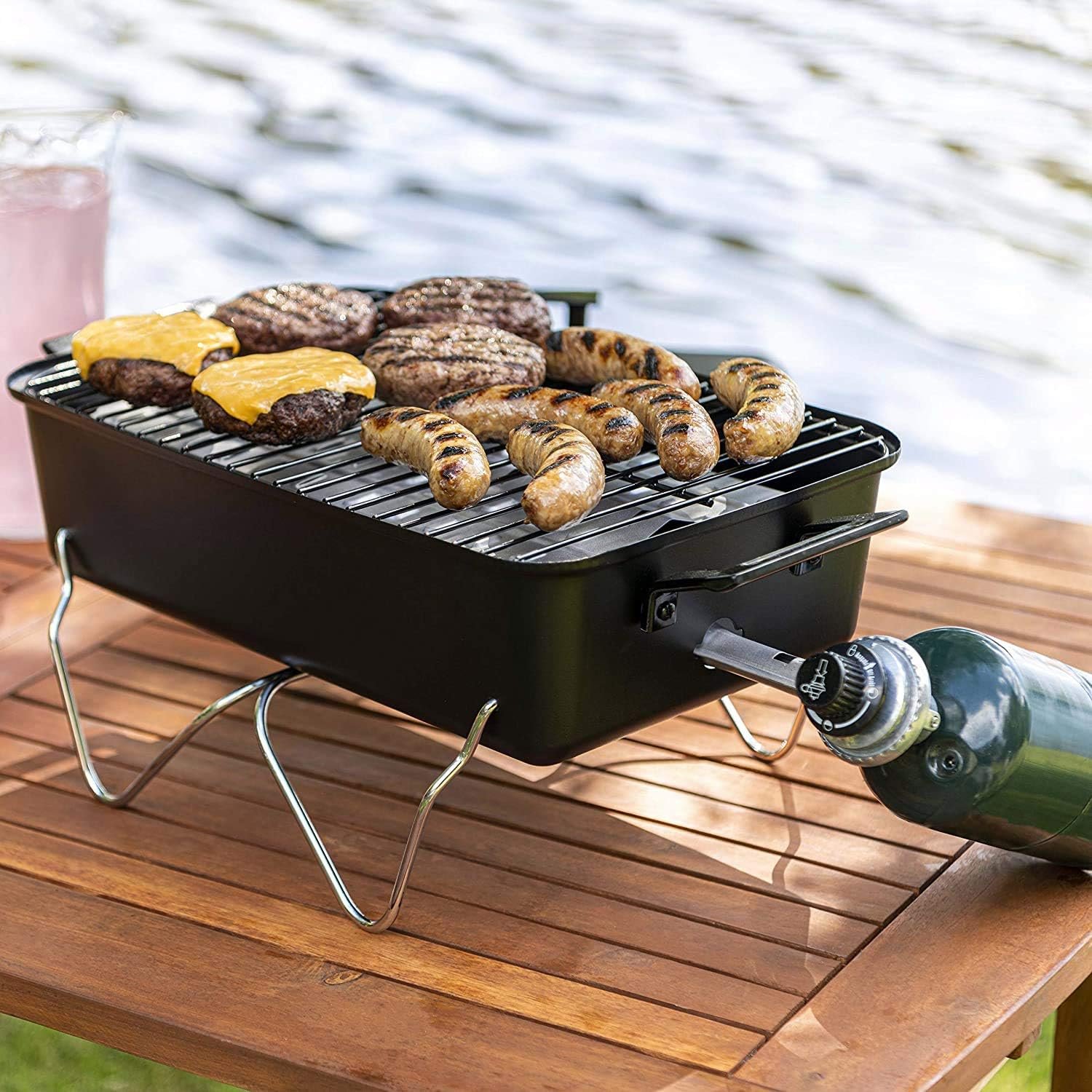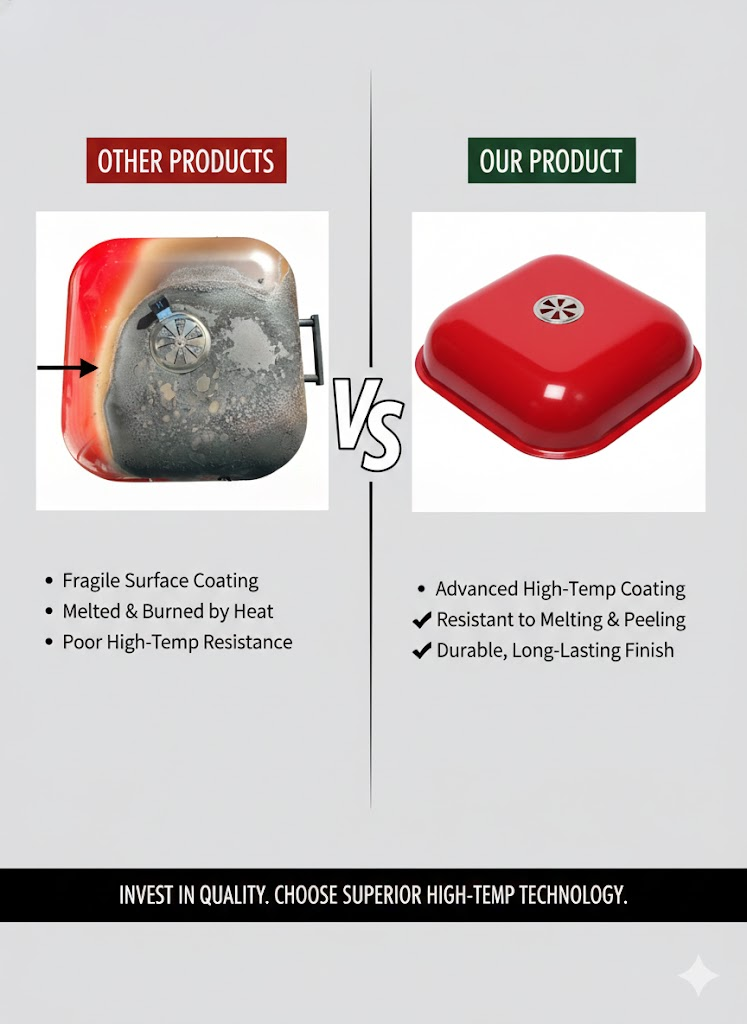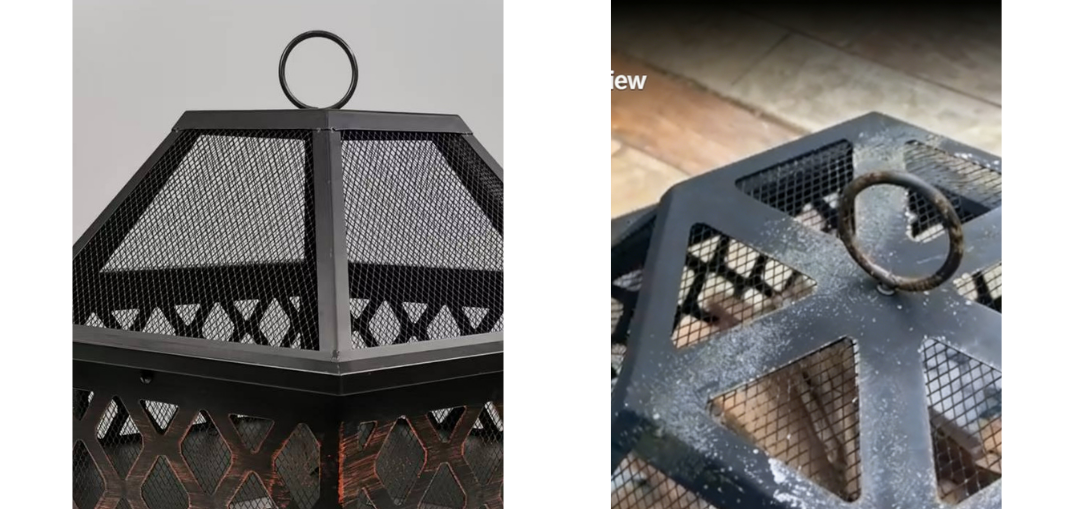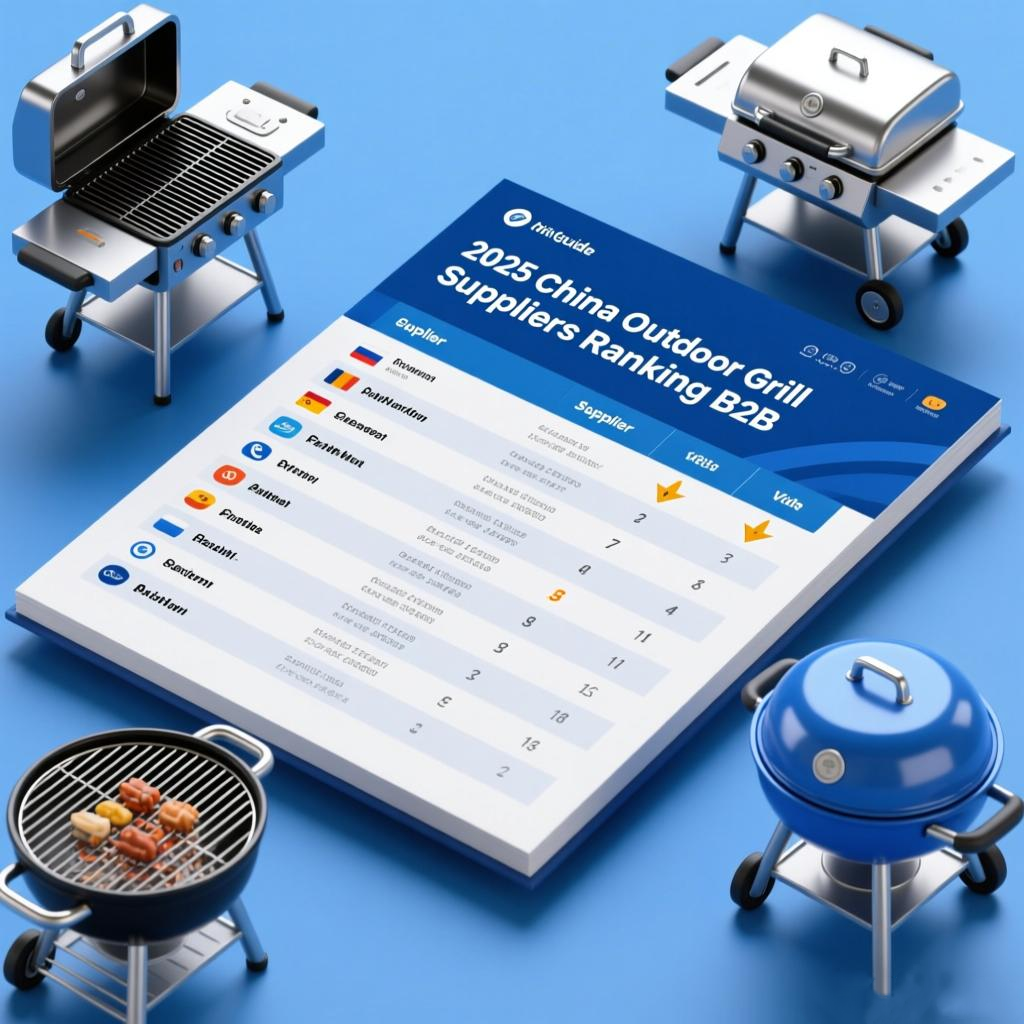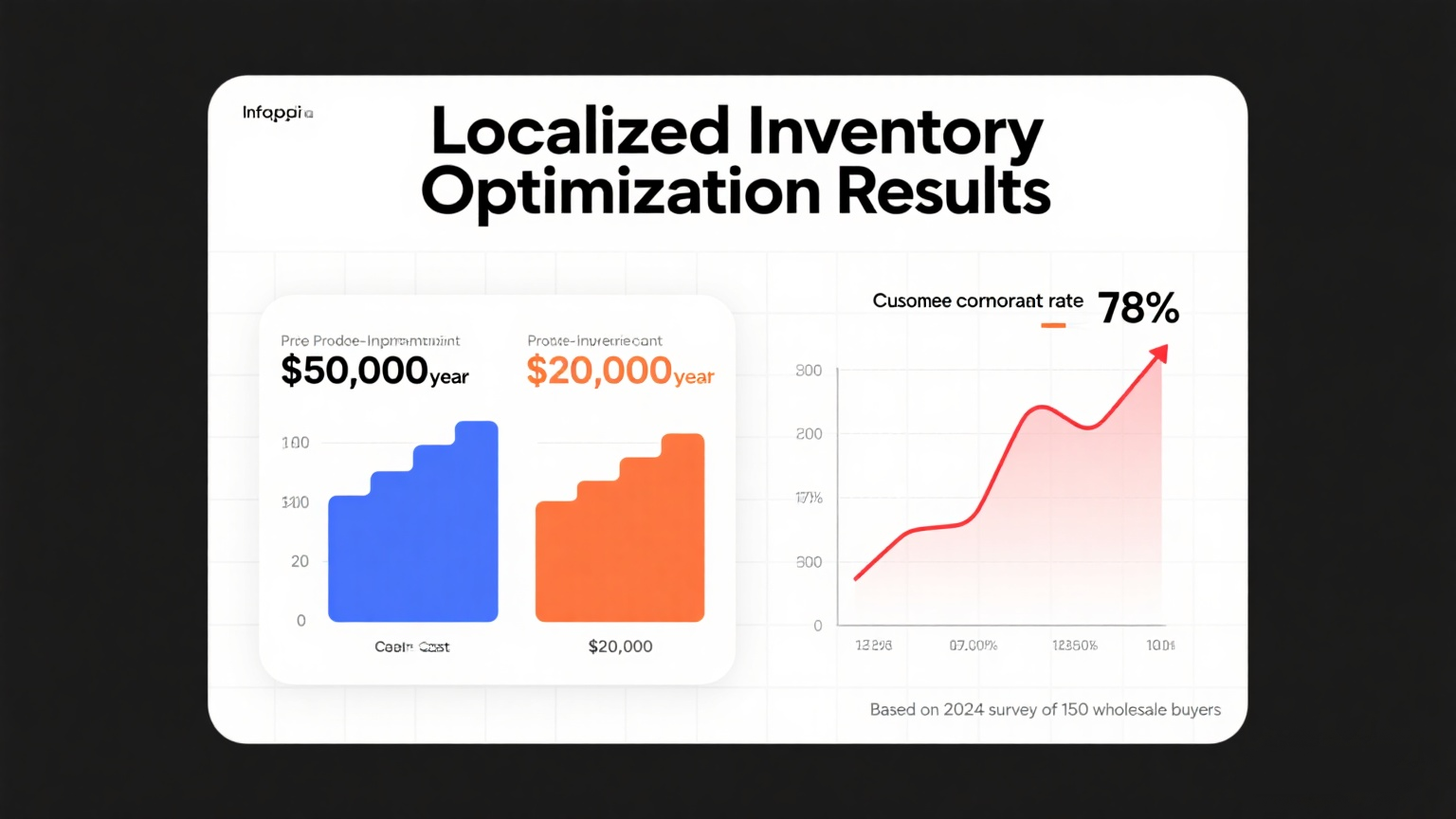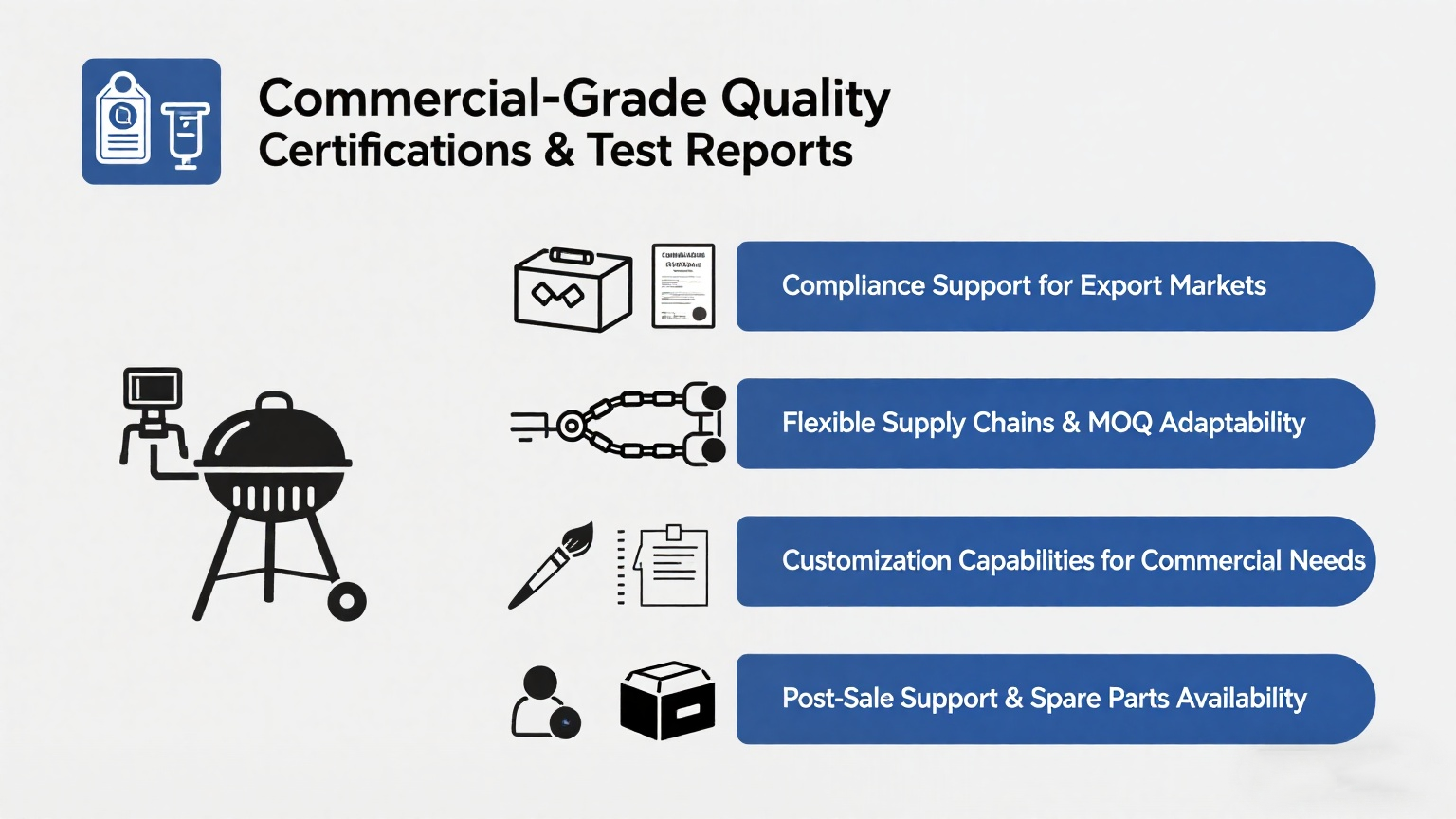For B2B buyers—whether you’re a wholesale distributor, cross-border e-commerce seller, or commercial purchaser (campsites, restaurants)—procuring outdoor charcoal grills isn’t just about negotiating prices. The right manufacturer directly determines your profit margins, supply chain stability, and even customer satisfaction. Choosing a subpar partner can lead to costly issues: defective batches, delayed shipments, or failed customs clearance. To avoid these pitfalls, here are 5 non-negotiable criteria for screening outdoor charcoal grill manufacturers, backed by industry best practices and B2B procurement data.
1. Prioritize Commercial-Grade Quality Certifications & Test Reports
Bulk outdoor charcoal grills for commercial use (e.g., restaurant patios, campsites) face higher wear and tear than consumer models. A manufacturer’s quality commitment shouldn’t be just words—it needs to be proven by third-party certifications and actionable test data.
What to verify:
- Target-market certifications: Ensure the manufacturer holds certifications relevant to your sales regions. For Europe, this means CE (EN 1860-1 for safety and emissions); for North America, CSA (ANSI Z21.58 for gas-assisted models, if applicable); for Australia, SAA. Avoid manufacturers who “promise certifications later”—ask for physical documents upfront.
- Commercial durability tests: Request reports on high-temperature resistance (e.g., 1,000+ hours of continuous use at 600°C), rust prevention (salt-spray tests for coastal markets), and structural stability (load-bearing tests for portable models). A European distributor told us this step helped them avoid a 200-unit batch of grills that cracked after 3 months of commercial use.
- Material transparency: Confirm the manufacturer uses food-grade stainless steel (304 or higher) or rust-resistant cold-rolled steel for grill bodies. Avoid “thin-gauge steel” scams—ask for thickness specifications (e.g., 2mm+ for grill grates) and sample cuts to inspect.
2. Verify Compliance Support for Export Markets
Cross-border B2B procurement often hits snags at customs due to unmet local regulations. The best manufacturers don’t just sell grills—they act as your compliance partners to smooth exports.
Key support to look for:
- Full documentation packages: The manufacturer should provide not just certifications, but also technical files (e.g., material safety data sheets, assembly diagrams) and customs-friendly invoices. For the U.S., this includes compliance with California Proposition 65 (heavy metal limits); for the EU, REACH (chemical restrictions).
- Regulation updates: Ask if the manufacturer tracks regional policy changes (e.g., new EU emission standards in 2025) and proactively adjusts products. A Canadian buyer shared that their current manufacturer alerted them to a 2024 update to CSA standards, preventing a 500-unit shipment from being held at the border.
- Sample testing assistance: If you’re unsure about a market’s requirements, the manufacturer should offer pre-shipment samples for local lab testing. Avoid partners who charge exorbitant fees for this—transparent compliance support is a sign of long-term focus.
3. Evaluate Flexible Supply Chains & MOQ Adaptability
B2B buyers have varying needs: A small camping gear seller might need 50 units for a trial, while a large restaurant chain could order 5,000 units for a seasonal rollout. A manufacturer’s supply chain flexibility directly impacts your inventory costs and market responsiveness.
Critical supply chain checks:
- MOQ (Minimum Order Quantity) flexibility: Look for manufacturers who offer tiered MOQs (e.g., 50 units for first-time buyers, 30 units for repeat orders) or mixed batches (e.g., combining 2 grill models in one order). Avoid rigid “1,000-unit minimum” policies that lock out small-to-medium buyers.
- Production capacity & lead times: Confirm the manufacturer’s monthly output (aim for 5,000+ units for bulk needs) and typical lead times (30–45 days is industry standard). Ask about peak-season (Q2–Q3, when outdoor demand surges) capacity—can they handle 2x your usual order with 1-week notice?
- Logistics partnerships: Prefer manufacturers who work with FBA-approved freight forwarders or have experience shipping to your target regions. This cuts down on logistics delays—one U.K. seller saved 2 weeks of transit time by switching to a manufacturer with a direct line to Southampton Port.
4. Assess Customization Capabilities for Commercial Needs
B2B buyers often need tailored solutions: A restaurant might want grills with custom logos and built-in storage; a campsite might need foldable models with fire-proof mats. A manufacturer’s customization ability helps you stand out in competitive markets.
What to ask about customization:
- Design scope: Can they modify dimensions (e.g., a 40cm-wide grill for small patios), add features (e.g., wind guards, ash collectors), or adjust materials (e.g., ceramic coatings for high-end models)? Avoid manufacturers who only offer “off-the-shelf” products.
- Sample turnaround: How long does it take to produce a custom sample? 7–10 days is reasonable; anything over 2 weeks could delay your product launch.
- Cost transparency: Get a clear breakdown of customization fees (e.g., 500 for mold changes, 1 per unit for logo engraving). Hidden costs here can erase your profit margins.
5. Check Post-Sale Support & Spare Parts Availability
Commercial outdoor charcoal grills break—grates warp, handles loosen, or vents clog. A manufacturer’s post-sale support determines how quickly you can get back to serving customers (and avoid negative reviews).
Post-sale red flags to avoid:
- No spare parts inventory: Ask if the manufacturer stocks critical parts (grill grates, ignition systems, gaskets) and how fast they can ship replacements. Aim for 48-hour delivery for urgent orders—waiting 2 weeks for a grate can cost a restaurant $10,000+ in lost revenue.
- Unresponsive support: Test their customer service before ordering—send an email about a hypothetical part issue. Do they reply within 24 hours? Do they offer phone support for urgent cases?
- Lack of maintenance resources: The best manufacturers provide free resources like assembly videos, cleaning guides, and troubleshooting checklists. These reduce returns and build trust with your end customers.
Final Tip: Test Before You Bulk Buy
Even if a manufacturer meets all 5 criteria, always order a sample batch (10–20 units) first. Use them in real commercial scenarios (e.g., a weekend pop-up restaurant, a campsite trial) to validate quality, durability, and user feedback. This small investment can save you from a $50,000+ mistake with a defective bulk order.
For B2B buyers, outdoor charcoal grill procurement is a long-term investment. By focusing on these 5 criteria—quality certifications, compliance support, supply chain flexibility, customization, and post-sale service—you’ll partner with a manufacturer who grows with your business. The goal isn’t just to “buy grills”—it’s to build a reliable supply chain that boosts your bottom line.
If you’re ready to evaluate manufacturers, reach out to our team for a free “Outdoor Charcoal Grill Manufacturer Assessment Checklist” to streamline your screening process.




